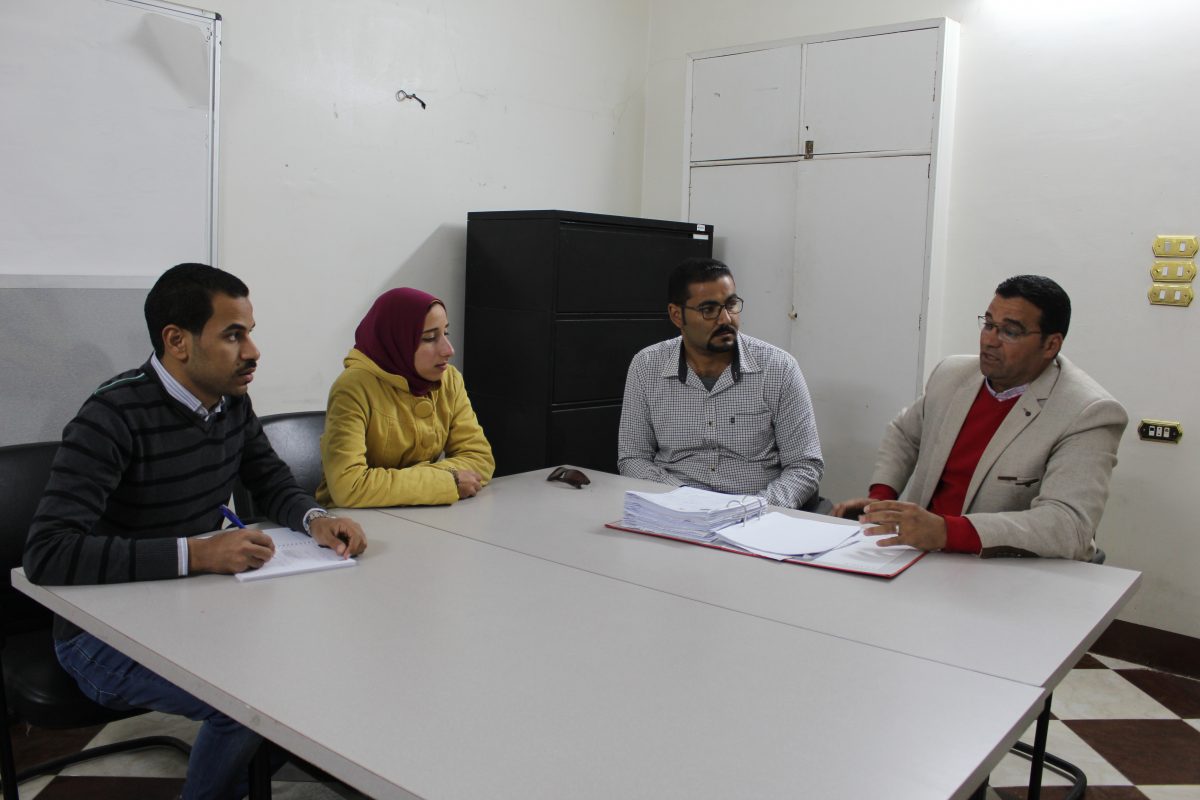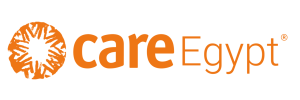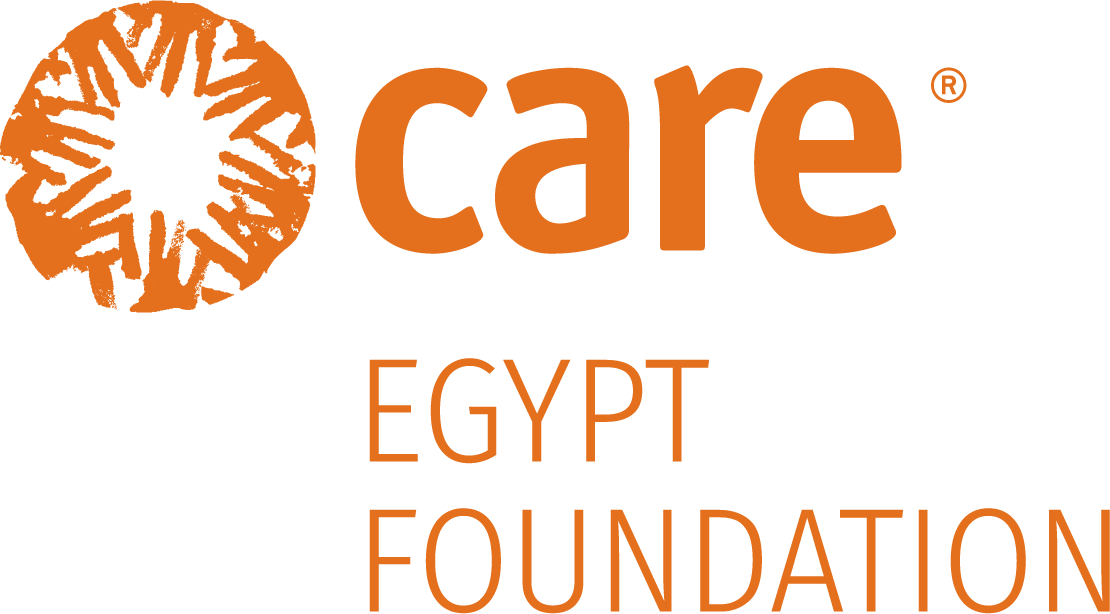210 young men and women have been engaged in monitoring the performance of local grassroots organizations in Beni-Suef and Assiut during Hayat Kareema project period (2016- 2019). The community-based monitoring model is designed to build trust between CARE and local grassroots associations on one side and between project’s participants and associations on the other side.As part of the Governance Programming Framework, CARE introduces social accountability tools for the first time in Egypt. Partners are fully engaged in ensuring transparency, access to information and compliance to all forms of community-based monitoring mechanisms. “The model offers a space to citizens to help improve local development processes in the most impoverished areas of Egypt”, Dr. Refaat Abdel-Kerim, Governance and Civil Society Advisor at CARE Egypt says. Youth described how impactful it was on their characters, lives and improving the project’s final deliverables. Mohamed Farag-Allah, coordinator at Hayat Kareema project, explains: “I learnt a lot through this experience. I learnt about procurement, tenders, filing systems. I have better communication skills”. Trainings included communications, accountability concepts, report writing, conflict resolution, field monitoring, input tracking, and public hearing management. Despite signing contracts between CARE and grassroots associations clearly stating that the community-based monitoring mechanism is an essential part of the project. Yet, associations had a difficulty cooperating with young graduates playing the role of monitors at the beginning. Directors of associations are used to receive inspections from government entities not youth. That is a precedent of its kind.
“It is not easy for associations to receive a bunch of fresh graduates coming to spotlight mistakes and expose them to the community and CARE, or at least this how they thought we are coming for. However, when we explained that we are here to help, provide technical support and improve their performance, they started to cooperate gladly”, Ahmed Mohamed, former facilitator at the project says. Monitoring incorporated meeting with project’s participants, discussions with association’s team and documentation review. When bugs surfaced, the monitoring team starts discussing with the team at the association the means of adjustments. Then, the whole thing is reported back to CARE. If the association does not make the necessary amendment. A public hearing session is organized. “Associations lack the experience and technical knowledge. Some of them do not own a laptop. Others do not know how to write reports”, Ahmed underlines. Said Hefny, director of Ayadi El-Kheir association at Beni Soliman village, Beni Suef previously described young graduates as “a bunch of kids inspecting the association’s work”. He quickly changed his perspective when he realized the true objective of social accountability. “They –the youth- became our contact point with the community. At some point, they redirected our attention to more unprivileged areas in the village. They transferred best practices from one association to the other”, he explains. So far, 18 public hearings sessions were held with the main purpose of providing a platform of interaction and dialogue between grassroots beneficiaries, local CSOs, local authorities and local business community. Most CSOs applied the required amendments.
Categories
Youth champion community-based monitoring in Assiut and Beni-Suef


